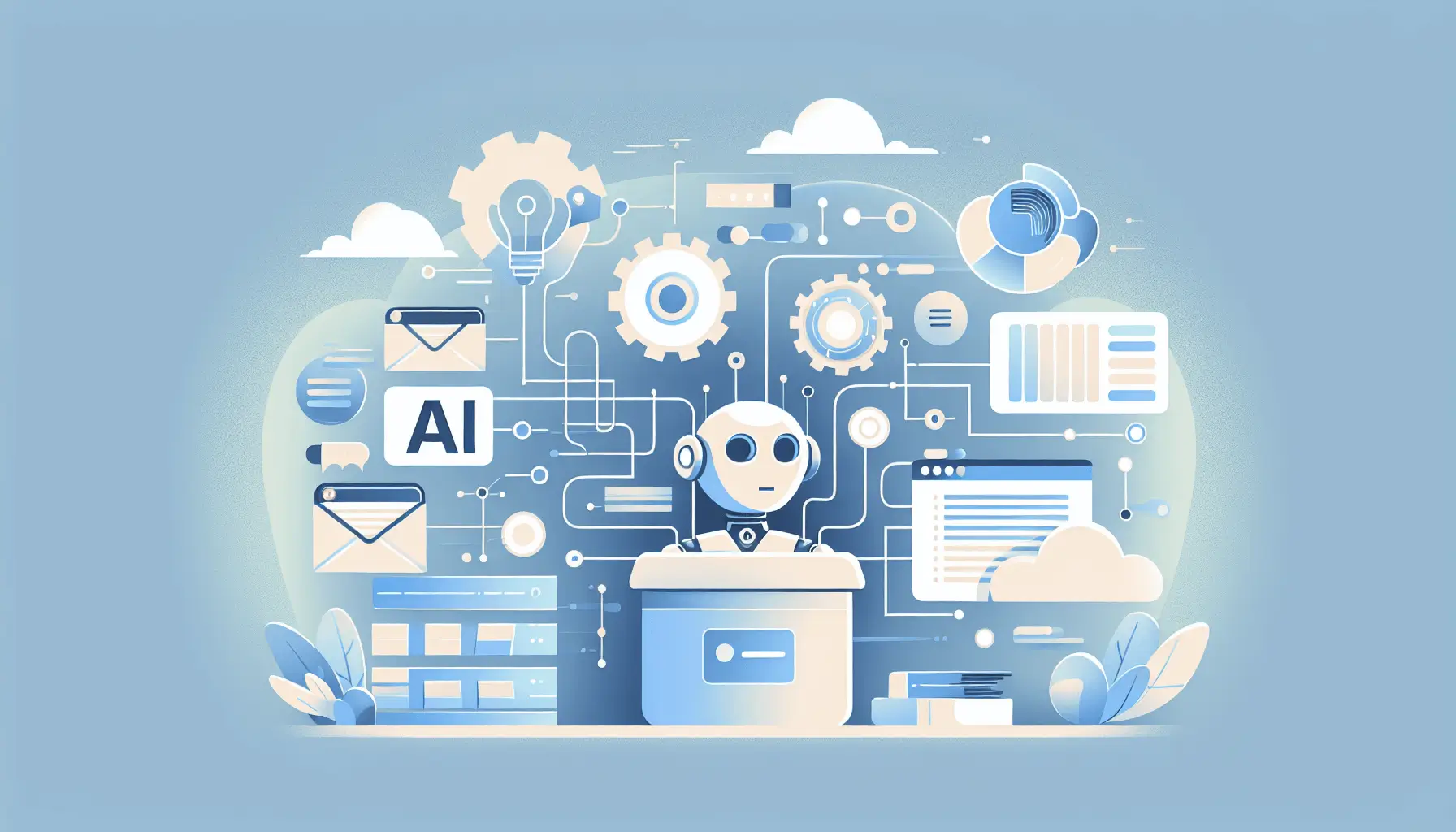Sergey Brin Says 60-Hour Weeks Boost AI Productivity
So, Sergey Brin wants AI engineers to work 60-hour weeks to boost productivity. Well, isn’t that just fantastic news? Just when we were enjoying the dream of hybrid work, here comes a call to return to the hustle era. But hey, maybe he’s onto something?
The End of Remote Work?
Remember during the pandemic when remote work became the norm and people proved they could be productive from their couches? Yeah, well, that may be ending soon. Reports suggest companies are reeling workers back into offices, and now, with AI competition heating up, some are arguing that long workweeks are necessary.
But the question is: will 60-hour weeks really make AI progress faster, or just make engineers burn out faster?
How More Hours Could Mean More Breakthroughs
Brin’s argument isn’t entirely out of left field. AI innovation is in a race, and companies are desperate to push the boundaries of machine learning. More hours theoretically mean:
- More time to fine-tune models
- Faster debugging and iteration cycles
- Increased collaboration (assuming everyone’s still awake and functional)
But there’s also a flipside.
The Downside of Overworking Engineers
Ah yes, the classic ‘just work harder’ mentality. The problem? Humans are not AI models that scale with extra compute. More hours often lead to:
- Lower creativity and problem-solving skills
- Increased stress and error rates
- Higher attrition (because, surprise, people like having lives)
Ever tried debugging a deep learning model at hour 15 of your day? Not fun, I assure you.
Is This Even Necessary?
AI progress is undoubtedly important, but is chaining engineers to their desks the best way forward? Productivity isn’t just about time—it’s about efficiency, collaboration, and yes, rest.
Many breakthroughs in AI, from transformers to diffusion models, didn’t happen because someone decided to grind themselves into exhaustion. They happened because researchers had the mental bandwidth to think deeply, experiment, and—dare I say—step away from their screens once in a while.
What Should AI Engineers Do?
If you’re an AI engineer, should you start clocking 60-hour weeks? Well, if you love what you do and it excites you, sure—go ahead. But if you’re forcing yourself, odds are you’re doing more harm than good.
Maybe the right question isn’t ‘how many hours’ but rather ‘how can we work smarter?’. Thoughts?









